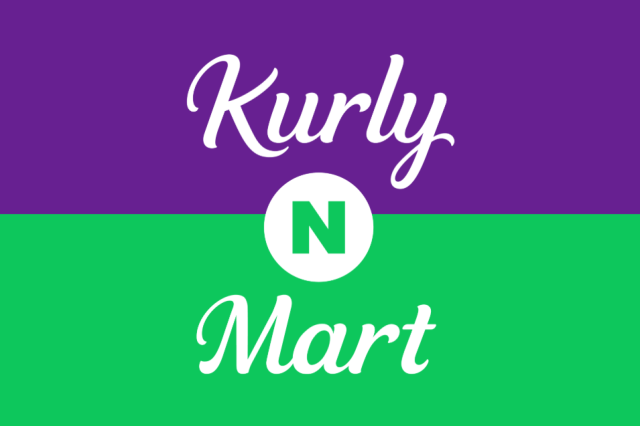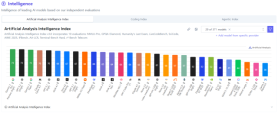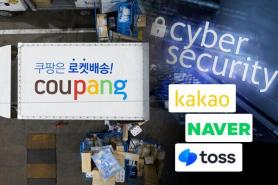
SEOUL, September 10 (AJP) - South Korea’s e-commerce industry is shifting from cutthroat rivalry to strategic cooperation as domestic players seek to blunt the advance of low-cost Chinese platforms.
Naver, the country’s dominant search engine, and Market Kurly, a premium fresh-grocery delivery service, recently unveiled “Kurly N-Mart" joint project. The venture links Naver’s platform with Kurly’s logistics network and offers free overnight delivery to Naver's members on purchases over 20,000 won, or about $15.
It marks Kurly’s first major alliance with another Korean e-commerce company.
The move follows Shinsegae Group’s announcement late last year of a 50-50 joint venture with Alibaba Group. The partnership, Grand Opus Holdings, folds Gmarket and AliExpress Korea into a single operation valued at roughly 6 trillion won ($4.1 billion). Shinsegae contributed most of its Gmarket stake, while Alibaba invested 300 billion won ($203 million) in cash.
Such alliances come as Chinese firms Temu and AliExpress rapidly gain ground. Together, they recorded an estimated 4.3 trillion won in transaction volume in Korea last year, up 85 percent from 2023.
Globally, Temu reached $70.8 billion in gross merchandise value in 2024 and counts 292 million monthly users. In Korea, AliExpress alone had nearly 9.7 million monthly users in November, second only to Coupang’s 32.2 million.
“Neither Naver Shopping nor Market Kurly are market leaders,” Prof. Park Jung-eun, who is teaching e-commerce at Ewha Womans University, told AJP. “With Coupang firmly in first place, other major players are turning to alliances to shore up their positions.”
Coupang, often compared to Amazon, controls nearly 40 percent of the market, followed by Naver at 27 percent and Gmarket at 7 percent. Coupang generated about 40 trillion won in sales last year; Naver’s commerce business reported more than 50 trillion won in merchandise value.
The biggest threat from Chinese competitors is price, analysts say.
Temu and AliExpress benefit from far lower production costs in China’s inland regions, where wages are a fraction of those in Korea. By contrast, Korean companies continue to emphasize speed and service. Kurly, Shinsegae’s SSG.com and others pioneered “dawn delivery,” which guarantees groceries by morning if ordered the previous evening.
“China wins on cost. Korea wins on service,” Park said. “The question is how far Korean companies can push quality differentiation when price wars are not sustainable.”
Pooling resources also allows Korean platforms to cut costs and broaden offerings. Combined sourcing reduces per-unit expenses while partnerships expand product variety.
Yet challenges remain. Online luxury retailing has yet to take hold in Korea, limiting premiumization strategies that might help local firms escape the price trap.
The country’s fast-paced consumer culture adds another wrinkle. The trait can amplify both opportunities and risks: new trends spread quickly, but missteps are punished just as fast.
For Alibaba, teaming up with Shinsegae offers more than market share. The Chinese company gains an image boost through its Korean partner and access to Gmarket’s 600,000 sellers, potentially diversifying its sourcing base.
Industry observers say further consolidation is likely as Korean firms try to fortify themselves against global entrants.
“The market will polarize,” Prof. Park predicted. “Chinese brands will dominate the ultra-low-cost segment, while Korean platforms must double down on premium services, delivery speed and quality to survive.”
Copyright ⓒ Aju Press All rights reserved.




